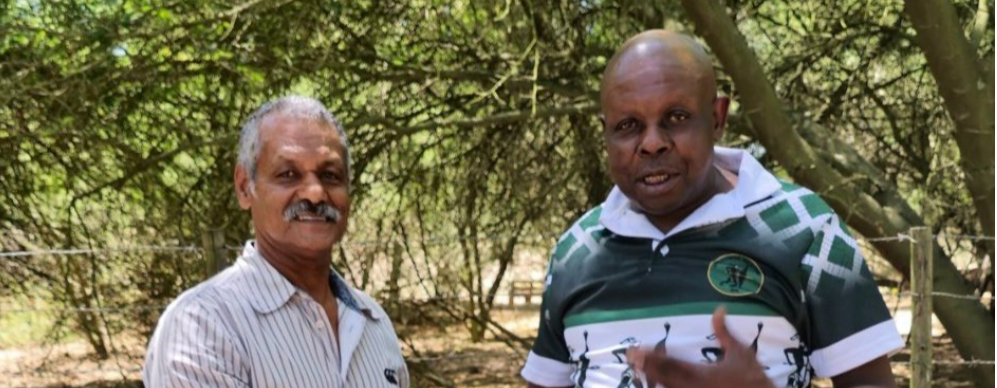Former Springbok coach Peter de Villiers, whose tenure with the national rugby team brought historic victories and international acclaim, has made headlines once again—but this time for a political shift. The 67-year-old has left behind his affiliation with the GOOD Party to join the controversial Umkhonto Wesizwe (MK) Party, the political vehicle associated with former President Jacob Zuma.
MK Party spokesperson Nhlamulo Ndhlela confirmed de Villiers’ move to IOL on Wednesday, adding that his entrance into the party marks a significant moment as he follows in the footsteps of other prominent figures, including impeached judge Dr. John Hlophe and former Economic Freedom Fighters (EFF) deputy president Floyd Shivambu.
Rumors about de Villiers’ decision to align himself with Zuma’s MK Party had been circulating on social media, with some speculating that he was spotted at Dr. Hlophe’s farm over the weekend, further fueling speculation. The former rugby coach’s political alignment comes on the heels of a tumultuous period in his career.
In March of last year, de Villiers was dismissed from the GOOD Party amidst serious allegations of sexual misconduct. The fallout from the incident extended to his position in the Western Cape provincial legislature, where he was also removed following formal complaints against him. The National Prosecuting Authority (NPA) confirmed that de Villiers faces criminal charges, including two counts of sexual assault and crimen injuria.
As one of South Africa’s most recognizable sporting figures, de Villiers’ move from rugby to politics has raised eyebrows. His coaching career, most notably his time at the helm of the Springboks from 2008 to 2011, was marked by significant triumphs, including winning the 2009 Tri-Nations and securing a historic series win over the British & Irish Lions. He also became the first South African coach to lead his team to a victory over New Zealand in Dunedin in 2009. Prior to his national success, he had already made his mark with South Africa’s U19 and U21 teams, earning respect as one of the country’s leading rugby minds.
Now, as he steps into the political arena, de Villiers finds himself embroiled in a new chapter, one that will likely be just as scrutinized as his days on the rugby field. His affiliation with the MK Party could reshape his public image, especially given the party’s association with Zuma and its controversial role in South Africa’s post-apartheid political landscape. Whether this move will enhance his career or further complicate it remains to be seen, but Peter de Villiers’ foray into politics promises to be an intriguing development in the nation’s ongoing political evolution.
